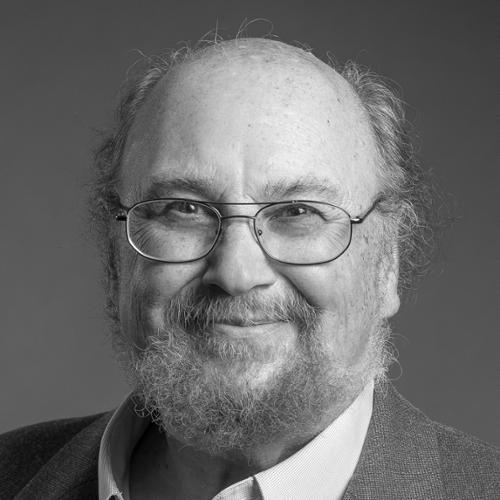Today’s Wall Street Journal has a long article-debate on privacy. The strongest pro-privacy is Christopher Soghoian of the Open Society Institute. He confuses commercial privacy with government privacy:
“The dirty secret of the Web is that the “free” content and services that consumers enjoy come with a hidden price: their own private data. Many of the major online advertising companies are not interested in the data that we knowingly and willingly share. Instead, these parasitic firms covertly track our web-browsing activities, search behavior and geolocation information. Once collected, this mountain of data is analyzed to build digital dossiers on millions of consumers, in some cases identifying us by name, gender, age as well as the medical conditions and political issues we have researched online.”
When asked “Why is that a problem” he replies
“Many of the dangers posed by digital dossiers do not occur regularly, but are incredibly destructive to people’s lives when they do. An unlucky few will be stalked, fired, surveilled, arrested, deported or even tortured, all as a result of the data kept about them by companies and governments. Much more common are the harms of identity theft or public embarrassment. Even when companies follow best practices—and few do—it is impossible to be completely secure.”
Note that “parasitic firms” are collecting the data which is then used for arrest, deportation, and torture. A bit of a disconnect. Identity theft is a problem, but the risk is decreasing and the costs are almost always low. Moreover, identity thieves are crooks, not firms.
What is particularly interesting about the article is the survey data reported. It demonstrates peoples’ confusion about the issues. 92% of the adults surveyed “Think that there should be a law that requires websites and advertising companies to delete all stored information about an individual” but between 32% and 47% would like websites to provide information of some sort (ads: 32%, discounts: 47%, or news: 40%) “tailored to their interests.” But of course these numbers are totally inconsistent. If websites cannot keep any information about an individual, then they cannot provide tailored information since there will be nothing on which to base the tailoring. The relevant questions are tradeoff questions, but the reported survey does not address these.




